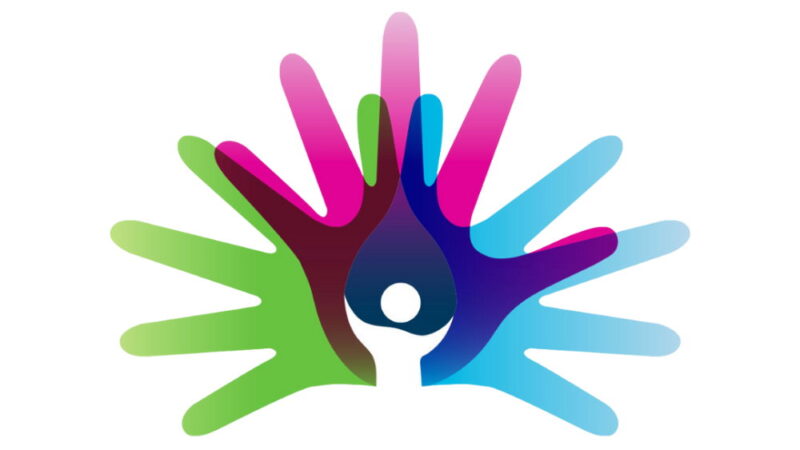Rare Disease Day is a global observance dedicated to raising awareness about rare diseases. It is held annually on the last day of February—either the 28th or, in leap years, the 29th. While most people are familiar with common illnesses such as heart disease or HIV/AIDS, there are countless rare syndromes and disorders that affect only a few dozen or hundreds of people worldwide. This day aims to shed light on these conditions and support those affected.
History
Rare Disease Day was first observed in 2008, with the support of EURORDIS (the European Organization for Rare Diseases). The holiday was created to increase public awareness of rare diseases and to bring attention to the unique challenges faced by patients and their families. Over the years, it has grown into a worldwide movement. On this day, people can attend free screenings, health checks, educational lectures, and speak with expert doctors about rare conditions.
Nearly 100 countries now participate in Rare Disease Day events. Through international collaboration, researchers and doctors have made progress in developing new treatments for rare diseases—an area that often advances slowly due to the small number of patients.
Modern medicine recognizes dozens of rare diseases, many of which are genetic or infectious in origin. Effective treatment often requires extensive research, which is particularly challenging when so few cases exist.
Interesting Facts
- Unertan syndrome is an extremely rare condition that seems to reverse evolution—people affected by it cannot walk upright and move on all fours. Little is known about its cause or prevalence.
- Hutchinson-Gilford Progeria Syndrome is one of the best-known rare diseases. It causes rapid aging in children, though their cognitive abilities remain normal. Most affected individuals live only to about 10 or 13 years old and appear elderly. Fewer than 100 cases have been documented worldwide.
How to Take Part
On Rare Disease Day, take time to learn more about rare diseases and their impact. Consider getting a medical checkup to safeguard your own health—even if rare conditions are unlikely, it’s always good to be proactive.
Spread awareness on social media. Ask others if they know someone living with a rare disease, and explore ways to support research or patient advocacy organizations.
When is Rare Disease Day in 2026?
Rare Disease Day is observed on the last day of February each year.
Observations
| Weekday | Month | Day | Year |
| Saturday | February | 28 | 2026 |
| Sunday | February | 28 | 2027 |
| Monday | February | 28 | 2028 |
| Wednesday | February | 29 | 2029 |




